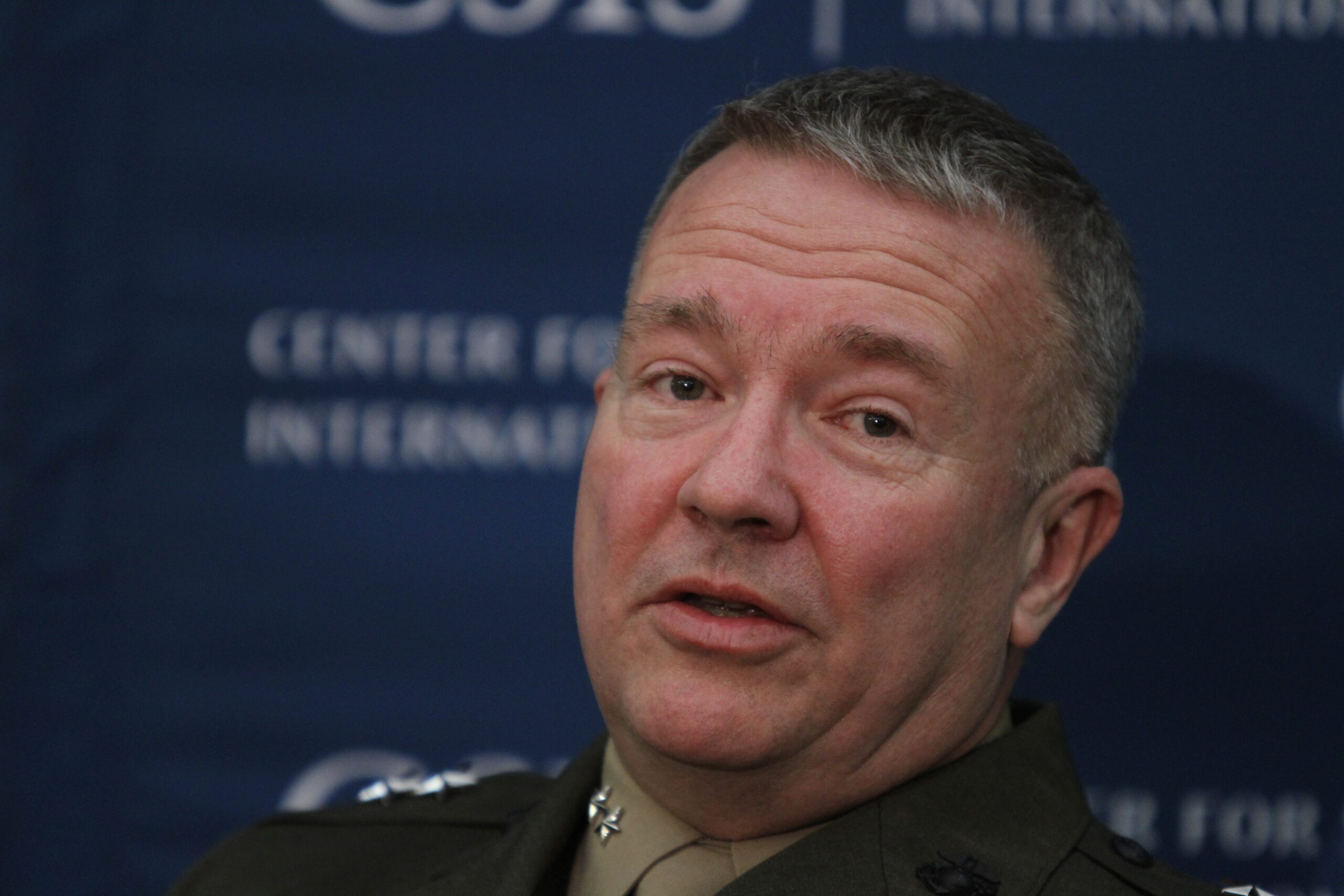Kenneth McKenzie Jr. to enhance students’ impact as director of new institute

Retired General Kenneth McKenzie Jr. will take on the role as executive director of the new Global and National Security Institute with ambitions to launch USF toward a new level of national recognition.
At first glance, the institute’s focus on global and national security may appear as an extension of military planning and cybersecurity. However, McKenzie said the program will employ a broad definition of security, encompassing all prevailing issues that impact the welfare of society, including food and environmental security.
Unlike the different colleges across campus, such as the College of Arts and Sciences and the College of Engineering, the new institute is not going to introduce new classes or majors to the university, according to McKenzie.
Instead, it intends to bolster USF’s existing programs by forging a bridge between the colleges and real-world applications, such as facilitating students’ participation in policy development and risk assessments at the state level.
“What we want to do is more effectively leverage ongoing programs that the university already has,” McKenzie said. “We’re not going to be necessarily inventing anything new. Rather, we’re going to be taking advantage of the fantastic things that are going on at USF to better market those things … so the university can be a more effective voice in this discourse.”
As part of enhancing students’ education through the existing faculties of the university, McKenzie said it will host conferences with world-class foreign policy experts and give students exposure to personalities usually limited to Ivy League institutions.
With an emphasis on wanting to get students involved in real world decision making, the institute will also seek to achieve University Affiliated Research Center (UARC) status.
McKenzie said this is a level of prestige every university wants but cannot have. Other than giving USF bragging rights of being one of 15 schools in the nation and only one in Florida with the title, it would give the university a coveted mark of approval from the Department of Defense.
Assuming USF were successful in attaining the title, agencies would flock to Tampa to work with its programs and students, according to McKenzie.
“UARC will further codify that and make it more efficient to do that business, and also open up the aperture to do even more business,” McKenzie said. “It will benefit students at the university, but will also benefit potential customers that come to the university for assistance in answering tough questions.”
Now retired from a decades-long military career, McKenzie said his leadership at the university is an opportunity to give back and share his experiences with the younger generation.
“I’ve always had an affinity for the academic side [of things],” he said. “To me, it seemed to be something I could do to pay back a little bit with my experience and my perspective. I look forward to working within the university, accomplishing the goals of the university’s strategic plans and I think I have some things I can contribute to help.”







